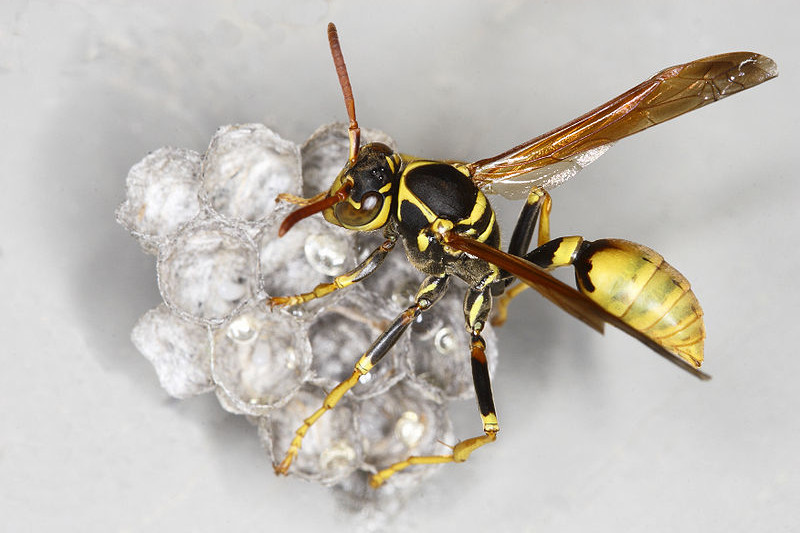There are many types of wasps. Yellowjackets and hornets are very aggressive, thus are a major concern to people. Some wasps are predators- they kill plant-feeding insects and flies, while others are scavengers. Their stings are not only painful, but are infectious. Yellow jackets forage on foods like sweets and meats. During fall, it is very easy to identify them at barbecues, around garbage cans, picnics, at the dishes that you use to feed your pet or where there is access to ripe fruit. Can you remove wasp nests without professional help?Removing wasp nests can be a Do-It-Yourself project, though it is very risky. You can use some methods like:
Lure traps
These are readily available at retail stores which sell pest control supplies. They are also easy to use. They are ideal as queen traps during late winter and spring. They may help reduce foraging workers in summer and fall, though do not eliminate large populations. These traps contain a chemical which attracts yellow jackets into the traps. You can add proteins like lunchmeat to lure more wasps. Change the chemical bait every 6 to 8 weeks in spring, and 2 to 4 weeks in summer. Periodically check the trap to remove trapped wasps.
Water traps
These consists of a 5 gallon bucket, protein bait (fish, liver, or turkey ham), and a string. Fill the bucket with soapy water and suspend the protein bait 1 to 2 inches above the water. The wasp will remove the protein, fly down and drown. These are ideal queen traps in spring.
As we can see, one of the effective ways of removing wasp nests by yourself is to ensure that they are not built in the first place. Let’s explore other options:
Knocking down new paper wasp nests
Just knock down new paper wasp nests early in the season. The founding female will go elsewhere and start again, or join another nest as a worker. However, it is difficult to notice new nests as there is little activity around them.
Using nest sprays
Aerosol formulations of insecticides labeled for use on wasp nests are effective, though they must be used with utmost caution. Wasps will attack applicators if they sense that some poison is being applied to the nest. Freeze-type products are not guaranteed to stop all the wasps when they all flying out simultaneously. Wear protective clothing covering the whole body, as well as gloves and a veil over your face. The best time to spray wasps is at night, though stinging is still likely to happen. You can still encounter partially intoxicated wasps a day after treatment.

